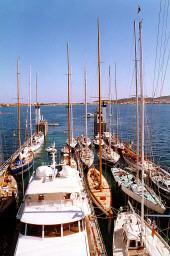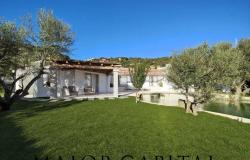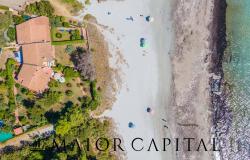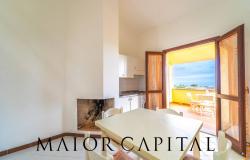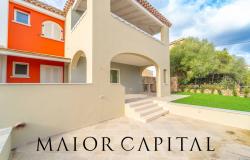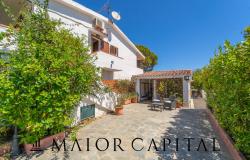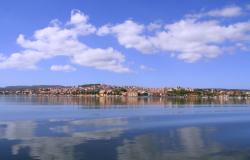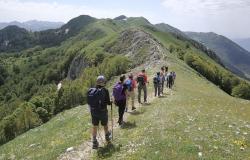The new governor of Sardinia said Tuesday he will repeal a so-called 'luxury tax' regime that has been the bane of the millionaires and yacht-owners who use the island as a summer playground.
Premier Silvio Berlusconi and flamboyant Formula One boss Flavio Briatore are among the host of VIPs and glitterati who will benefit from the decision by governor Ugo Cappellacci to axe levies on super-yachts and private planes.
Cappellacci, the son of Berlusconi's tax adviser, announced his plan as he presented a draft budget to trade unions Tuesday.
The tax on the mega rich was first introduced in 2006 by Cappellacci's centre-left predecessor Renato Soru, who was defeated in elections last month.
Soru, himself a billionaire, argued the levies would help conserve Sardinia's natural resources and boost the flagging local economy.
Under the tax system, owners of yachts between 14m and 16m are required to pay 1,000 euros for mooring at any of the island's ports, with a maximum of 15,000 euros levied on boats over 60m.
Boat owners are required to pay the tax in full, even for a one-day visit, within 24 hours of arriving on the island.
Taxes are also levied on private planes landing in Sardinian airports.
Briatore was one of the taxes' fiercest critics, arguing that the extra charges are driving well-heeled tourists away from Sardinia, but other VIPs on the island sided with Soru.
Tom Barrack, a billionaire Californian real estate investor who owns a string of Emerald Coast resorts, agreed with Soru that affluent tourists were being asked to ''pay a small price to enjoy and help preserve this island's unique beauty''.
In February 2008 the Constitutional Court abolished another tax introduced by Soru on second homes built within three kilometres of the sea owned by non-residents.
The ruling that the taxes were unconstitutional brought relief to millionaires with lavish holiday villas but also to Italy's middle classes, many of whom have more modest getaways on the island.
Cappellacci said Monday he was also planning to loosen restrictions on construction along Sardinia's coastline if guarantees are maintained to safeguard the environment.
''It's time to put an end to this cliche' about some people wanting to cover the coast with cement and others wanting to protect the natural beauty - it's a Taliban vision of environmental policy,'' he said.
